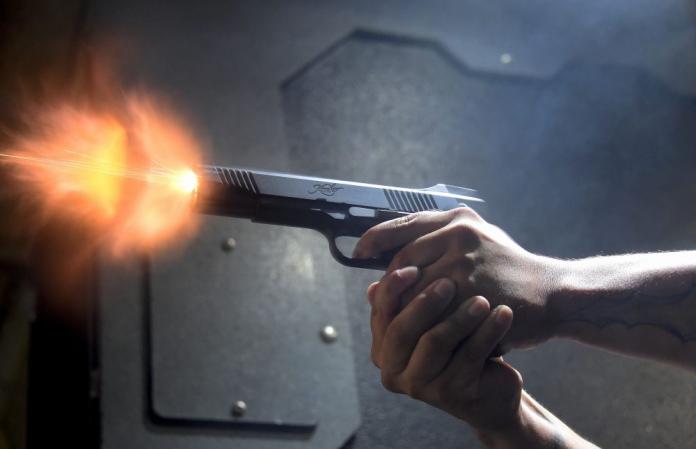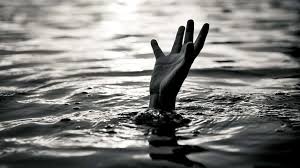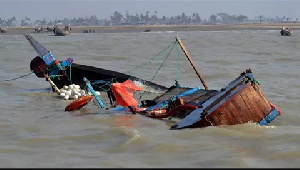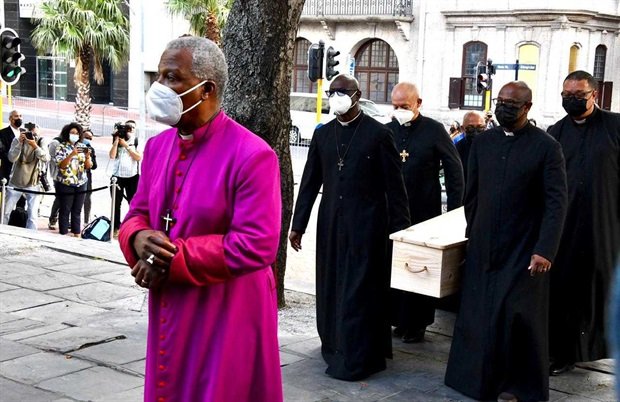Shooting in self-defence: These are the dos and don’ts

Shooting a person who threatens your life seems like a clear-cut case, but legally, it’s never that simple.
This past weekend, Pieter van der Westhuizen – a former police officer and brother of late Springbok Joost – shot and killed two attackers when they stormed into the Querencia Ministries church in Wierda Park, Centurion, during a service on Sunday and proceeded to rob the congregants at gunpoint.
During the robbery, Pastor Kobus Erasmus suffered a few blows to the head and a teenage boy was grazed by some shrapnel after shots were fired by the attackers.
Van der Westhuizen then drew his licensed firearm and shot two of the attackers dead, and possibly wounded a third who attempted to return fire before fleeing to a getaway car outside.
According to Ulrich Roux, Van der Westhuizen’s attorney, he has not been charged with any crime and is cooperating with the police.
“I can’t elaborate on all the detail, but at this stage, it would appear that [Van der Westhuizen] acted in self-defence – not only to protect himself, but also to protect the other congregants,” Roux told News24 on Monday.
He added that one of the three robbers had put a loaded firearm to the pastor’s head and that shots were first fired by the robbers.
“Pieter did what was necessary to ensure everyone’s safety.”
When can lethal force be used in self-defence?
The use of lethal force when acting in self-defence is often a complicated matter, says John Welch, an advocate and president of the South African Gun Owners’ Association (SAGA).
“The legal position, however, is quite clear, but many people find it difficult to apply the law to the facts. Often you have to make a decision in a split second as to whether you are within the ambit of the law when you are trying to defend yourself or others.
“According to the law, there are two circumstances where one is entitled to use a firearm for self-defence.
“The first is a statutory provision; that is, when you attempt to arrest somebody – as a citizen – who has committed a crime in your presence, and that person either flees or violently resists arrest. A person who flees may still constitute a serious hazard towards society, for example, when the person continues shooting while escaping – then you may use force, including legal force, to stop that person.
“In terms of common law, ‘self-defence’, as we commonly refer to it, can be used when there is an attack on yourself or someone else. If that attack is of such violent nature and the only way to stop that attack is to kill somebody, you would be entitled to do that.”
Welch says, if an attacker were to enter a building such as a restaurant or, in Van der Westhuizen’s case, a church, and that attacker used “assertive measures” such as brandishing firearms, knives or pangas, for example, then you would be entitled to use force.
He said:
This means that if the attacker does not use lethal force, in other words, your life is not in danger, you will generally not be entitled to use lethal force.
“It’s difficult to apply that to a real-life situation because these things often happen within split seconds. But assuming that there was a violent, unlawful attack on people, then one would be entitled to use lethal force to defend oneself.”
What happens to you when you kill someone in self-defence?
Welch says, where there is prima facie evidence that someone has acted in self-defence, the matter has to be properly investigated by the police and then the Director of Public Prosecutions [DPP] should decide whether they exceeded the bounds of self-defence, or acted outside the ambit of the law.
“If the person is found to have acted in self-defence, the matter will come to a close.”
But, says Welch, in many instances, a case of murder is initially opened. “Even though the prima facie evidence points to the fact that you have acted in self-defence, you could still be arrested and prosecuted.
“If you are arrested and charged, you may file a bail application at your first court appearance where your lawyer will make representations if he or she believes that you acted in lawful self-defence. If the DPP is satisfied with the evidence, you will not be prosecuted.
“However, should the DPP decide to prosecute, then the courts will make a decision on whether or not you should be acquitted.”
- The attack was already in the process, or it was imminent.
- The attack was unlawful.
- You were protecting your life, your physical well-being, property, personal freedom, your dignity or sexual integrity.
- The act of self-defence was necessary to prevent the attack from escalating.
- Your act of self-defence was directed only toward the attacker.
- You didn’t have any time to resort to a different, less violent form of protecting yourself and your interests.
Can you shoot when you’re scared?
Shooting somebody before they’ve done anything to threaten you is regarded as illegal. Being scared is not enough reason to act in lethal self-defence.
Recently, News24 reported on two incidents where fathers shot and killed their sons without first establishing whether there was any threat to their own lives.
Sibusiso Emmanuel Tshabalala shot and killed his son Luyanda, 16, at Fred Norman Secondary School in Ennerdale, southern Johannesburg, on 5 June 2018, believing he was a hijacker. Tshabalala was sentenced to 10 years in prison, which was suspended for five years.
Coert Kruger shot and killed his son – who he thought was a burglar – in March last year. Kruger received a sentence of eight years in prison, suspended for five years.
“Anyone carrying a firearm for self-protection must have had the best possible training, aimed at empowering one to be psychologically and physically prepared to face and deal with life-threatening situations,” says Welch.
“Since the use of force during a violent confrontation requires split-second decision making, there is usually insufficient time to ponder all possibilities and alternatives and legal and other consequences. One therefore must have considered all these issues prior to taking up arms. Because when the high-risk situation arises, one needs to focus thereon only – nothing else. It is a matter of life or death – yours or the criminal’s.”
Welch emphasises that, since every case is fact-specific, the above must be seen as guidelines and not legal advice.
Proper legal advice, based on the relevant facts, is required when one faces a criminal prosecution.
NEWS24.COM





